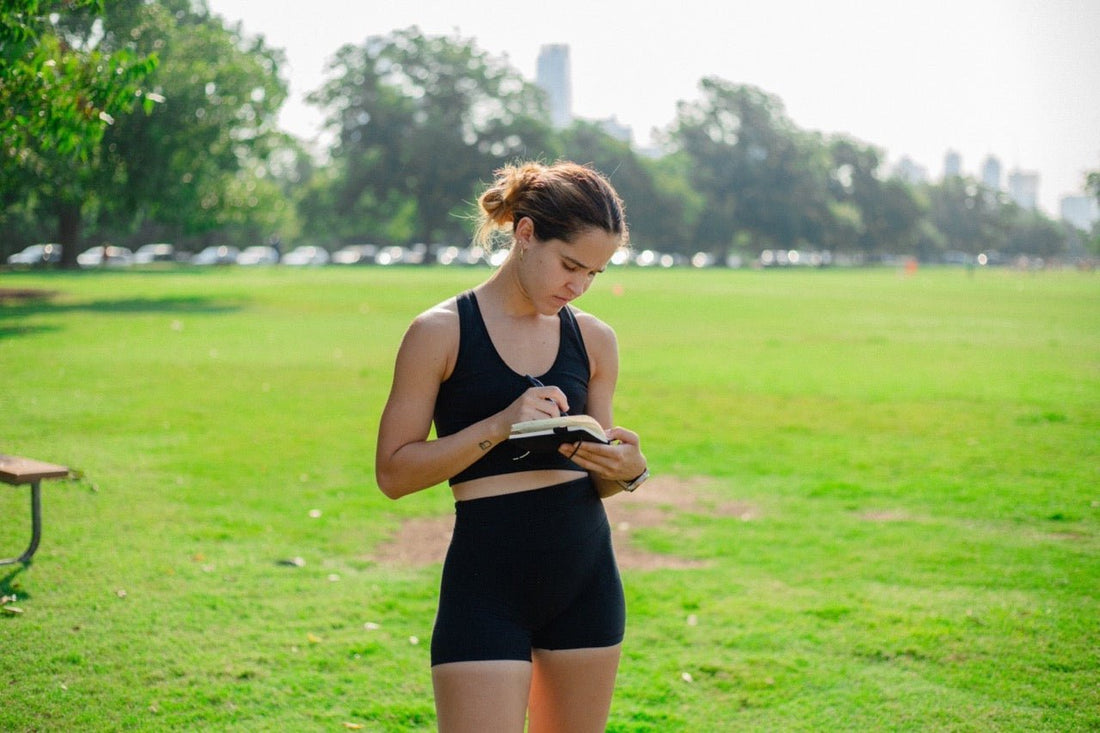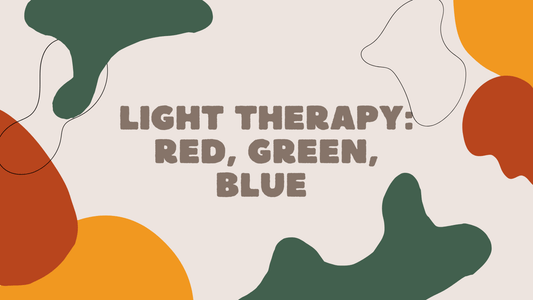
Fitness Goals: How to ask for help.
Table of content
How to Talk Fitness Goals With Your Personal Trainer
Fitness goals can be hard to express clearly, but doing so is essential for setting the right expectations and ensuring that your training program works well for you.
What do I say?
Meeting with a personal trainer for the first time can seem intimidating, and even embarrassing for some. Remember that the goal of this meeting is for the trainer to gain an understanding of what you're looking to accomplish. Approach this conversation openly and honesty, and watch the magic happen.
If you're anything like our founder, having a blueprint to meet with your coach might help make it easier. So here is a list of frequently asked questions your personal trainer might ask with common ways to answer them. If you still have questions, submit them at the bottom of the page and we will respond to you directly via email.
What a trainer looks for:
When a trainer asks "what is your main fitness goal", they are trying to determine what type of training you are looking to do.
How to respond:
Training types very from strength (think bigger musles), to conditioning (think more toned muscles). Athletic training (training designed for atheltes) is typically reserved for advanced users.
Read our training types article for a compelte list of training types and how they connect to body type.
What a trainer looks for:
Statements like "My core needs work," or "I want toned arms." are actually extremely helpful pieces of direction.
Many people feel embarased about admitting their physical goals because they seem them as a judgable fantasy.
But the reality is that how you answer this question can be one of the most valuable pieces of inforamtion you can provide your trainer to help guide you to the results you seek.
Remember, a good trainer will never judge you. And even if they can't help you, they will refer you to someone who can, or better matches your preferred style of training.
This is why peresonal trainers offer free consultations before they take on clients, because it can be difficult to make a program that "works for everyone".
How to respond:
- "I want to look like (insert celebrity/athlete here)."
- "I want to loose weight but feel strong!"
- "I want a bigger butt."
- "I want a huge chest."
To discover how Yudae teaches personal training, click here to check out our personal training program and learn how we help you achieve your fitness goals while teaching how to do it all on your own.
What a trainer looks for:
Many times a client is seeking a new trainer because they enjoyed some aspect of the coaching, but didn't get the results they were hoping for. The trainer your speaking to will know this too.
Use this as an oppportunity to list and discuss positive or negative experiences, provide feedback on past trainers, get specific on goals achieved (or not achieved).
Ultimatly, treat this as a discussion – not a grilling. Be open an honest about your struggles and talk about what you didn, and didn't like. Don't be affraid of offending anyone.
How to respond:
- "I liked accountability".
- "I didn’t feel like I was progressing."
- "All the exercises were too knew for me and I felt stupid."
- "I wasn't sure what I was supposed to be doing between 1:1 training sessions".
What a trainer looks for:
This question is about as straight forward as it gets; do you have a deadline? Its not uncommon for a client who has never had a personal trainer, seek one out because they decided on a fitness goal.
Frequently this is a marathon, but less frequently it could be a 5k, a fun run, or even a hihgly conditioned athelte seeking a trainer for their first Iron Man.
As long as you remember there are no wrong answers, you really can't misdirect with this one. Just be upfront and honest.
How to respond:
- "I have a wedding in 6 months".
- "I want to be ready for ski season."
- "I want to look hot in a swim suit."
- "I'm training for my first marathon."
⚡️ Be Specific
Clearly define what you want to achieve. Instead of saying, "I want to get fit," specify, "I want to lose 10 pounds," "I want to improve my endurance for a 5K race," or "I want to build muscle and gain strength."
🚨 Set a Timeline
If you have a specific deadline, such as preparing for an event or achieving a milestone by a certain date, let your trainer know. For example, "I want to tone up before my wedding in 3 months" or "I want to improve my cardiovascular fitness over the next 6 months."
💭 Explain Your Motivation
Share why these goals are important to you. Whether it's improving health, boosting confidence, relieving stress, or something personal, your motivation will help your trainer create a program that resonates with your 'why.'
🪨 Mention Challenges & Limitations
If you have any past injuries, medical conditions, or lifestyle factors that could affect your training, bring them up. For example, "I’ve had knee issues in the past, so I want to avoid exercises that put too much strain on my joints."
❤️ Discuss Your Preferences
Let your trainer know what types of exercises you enjoy or dislike. If you prefer outdoor workouts, strength training, or group sessions, make that clear.
🙈 Be Honest About Your Commitment Level
Share how often you're able to work out and your availability. This will help your trainer design a realistic plan for you.
Example Statement:
My main goal is to lose 15 pounds and build muscle definition over the next 4 months. I want to feel stronger and have more energy for everyday activities. I’m motivated by wanting to improve my overall health and confidence.I’ve had some lower back pain in the past, so I’d like to avoid exercises that could strain that area. I prefer strength training and HIIT workouts, and I’m available to train 3 times a week, ideally in the mornings.
Question Cards Organized by Training Type
These training types are then correlated to the most commonly used client-said words, which are then linked to images which provide visual representation of the training results from the mind of the trainer.



